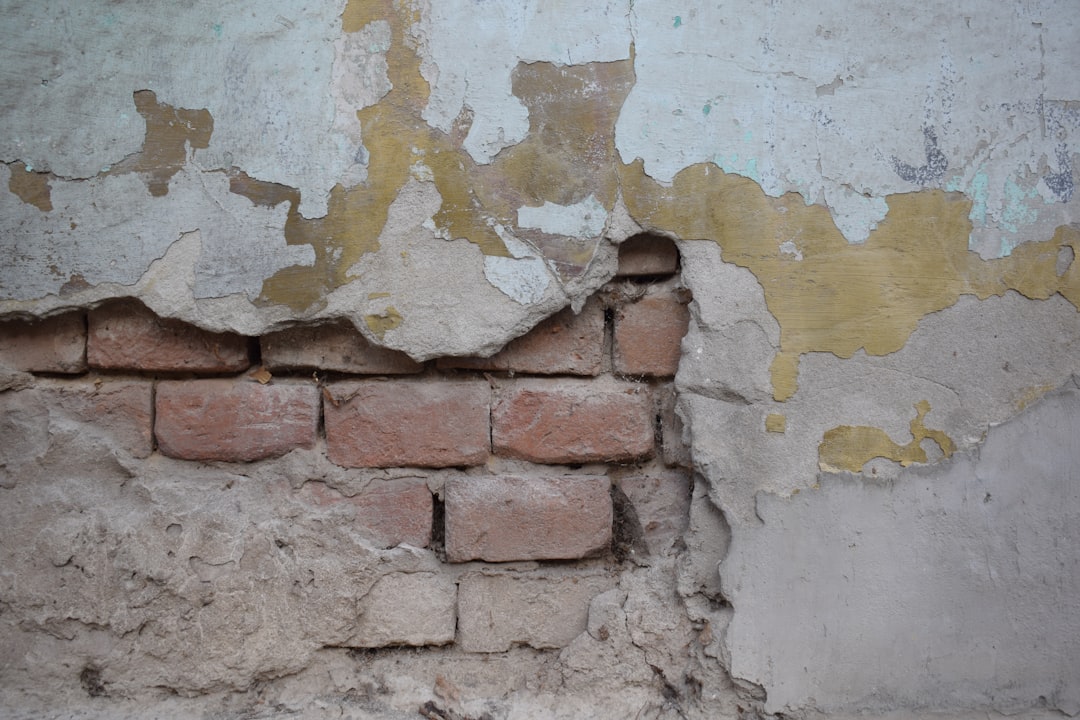
Replacing a wall involves more than just removing drywall and studs. It can include relocating utilities, structural engineering, and compliance with local codes. For construction professionals, knowing the precise costs is crucial. In New York, costs can range from $300–$1,000 for non-load-bearing walls and $1,200–$5,000 for load-bearing walls, depending on materials and finishes.
Load-bearing walls require structural engineering and larger beams, while non-load-bearing walls can be removed with less structural work.
Relocating electrical, plumbing, or HVAC systems can significantly impact costs. Accurate blueprint takeoffs help avoid surprises.
Permit costs vary by location and project size. Accurate estimates include these fees as line items.
Construction professionals in New York typically encounter the following costs:
These figures fluctuate with market conditions, so using real-time data is essential.
1. Define the project scope clearly.
2. Use AI tools to convert tasks into detailed estimates.
3. Apply real-time pricing from suppliers and local labor rates.
4. Verify dimensions and utilities with blueprint takeoffs.
1. Use voice estimates for quick calculations.
2. Approve quotes digitally for faster processing.
3. Adjust estimates in real-time as project details change.
4. Keep all project documents organized and accessible.

A contractor in Chelsea used advanced estimation tools to manage a complex wall replacement project. The tasks included:
The initial estimate was $5,700, but real-time data brought it down to $5,700, preventing cost overruns.
For construction professionals, accurate and efficient estimation is crucial. Utilize advanced tools to ensure precise cost calculations and streamline project management.